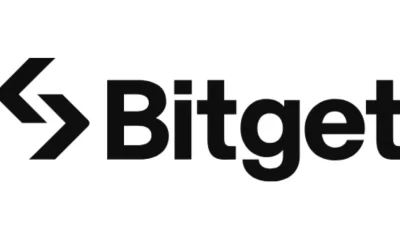Business
UAE regulations may lead to crypto payment ban
Announced by the UAE’s Central Bank, the prohibition affects all transactions involving cryptocurrencies as a means of payment for goods and services within the country. This move aims to regulate and mitigate risks associated with digital currencies, citing concerns over consumer protection, money laundering, and the potential for illicit activities.
-

 Business5 days ago
Business5 days agoCoinbase Derivatives lists XRP futures
-

 Business4 days ago
Business4 days agoBinance tightens South African compliance rules for crypto transfers
-

 Business4 days ago
Business4 days agoEthereum bounces back as market dominance recovers from all-time low
-

 Business4 days ago
Business4 days agoXRP Ledger Foundation spots ‘crypto stealing backdoor’ in code library
-

 Business6 days ago
Business6 days agoBitget detects irregularity in VOXEL-USDT futures, rolls back accounts
-

 Business1 week ago
Business1 week agoBinance helps countries with Bitcoin reserves, crypto policies, says CEO
-

 Business5 days ago
Business5 days agoEl Salvador works with Nvidia to develop sovereign AI infrastructure
-

 Business5 days ago
Business5 days agoCircle, BitGo about to apply for bank charters, others may follow



















